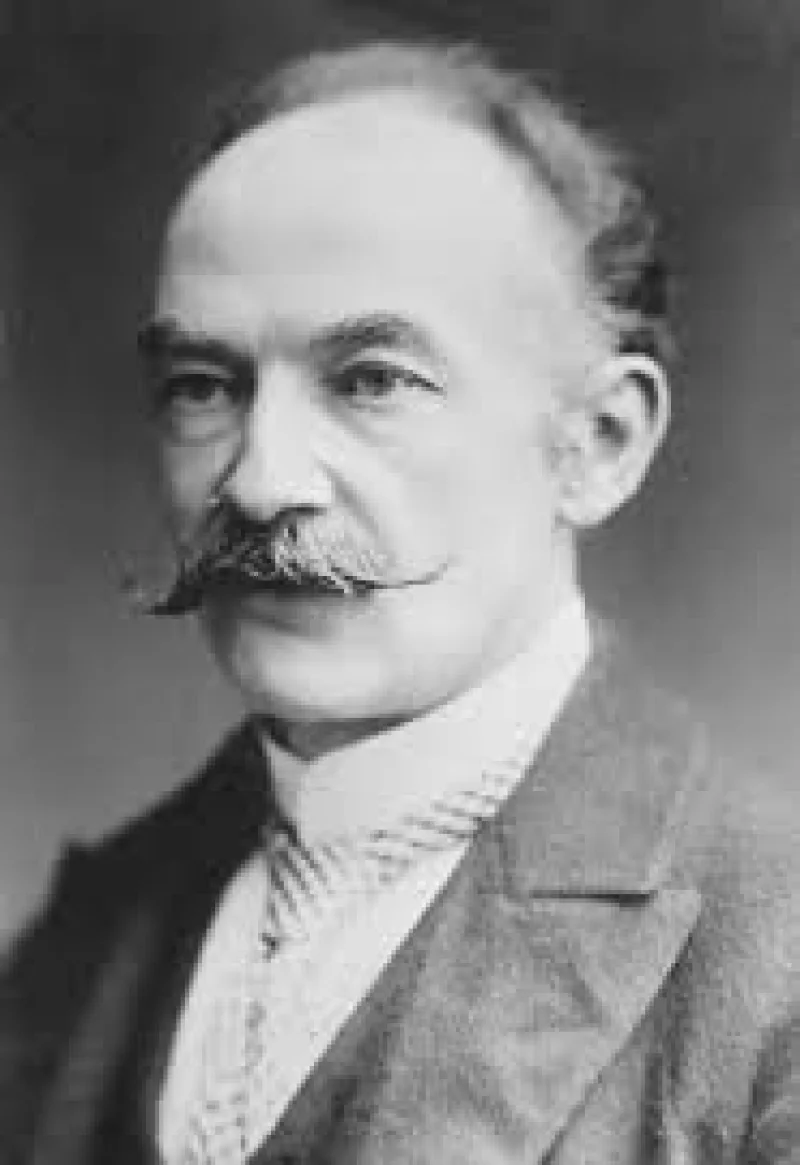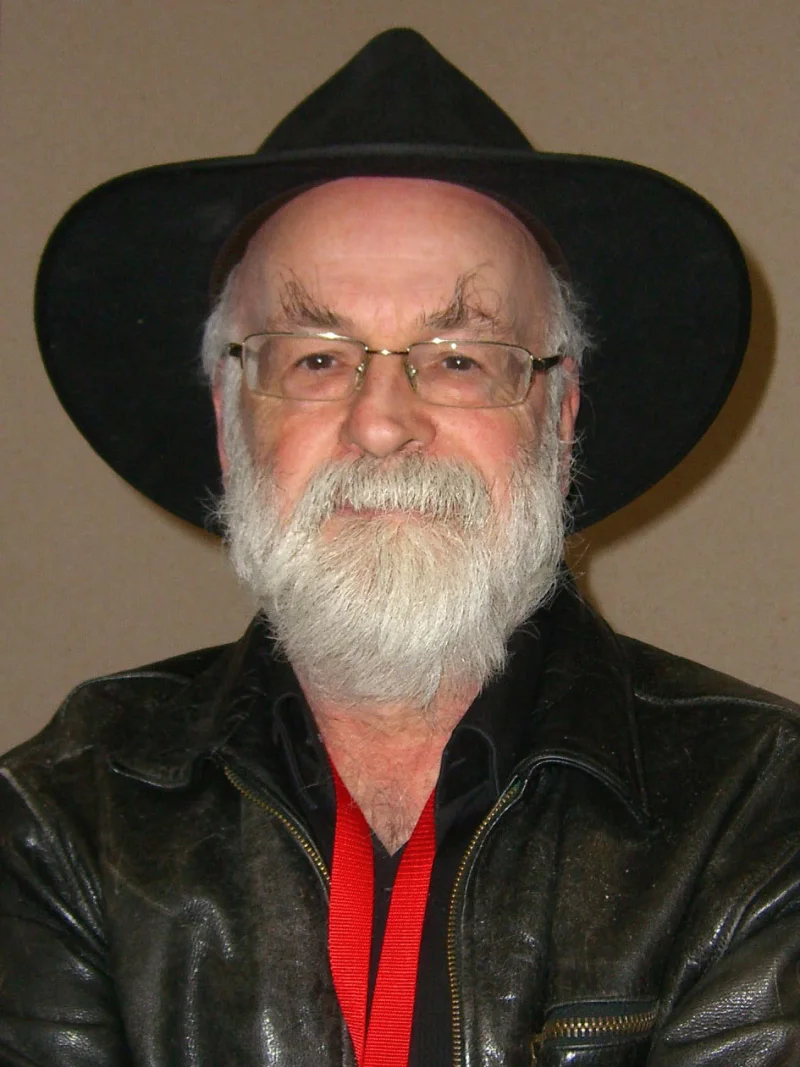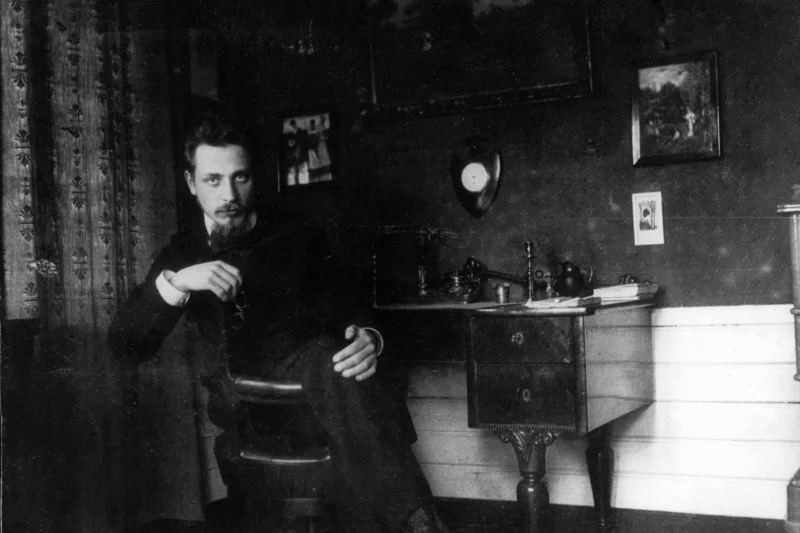Short Summary
Thomas Hardy was an influential English novelist and poet, renowned for his critical portrayals of the social constraints in Victorian society. He is best known for his novels such as "Tess of the d'Urbervilles" and "Far from the Madding Crowd," which explore themes of love, fate, and social class. Hardy's work is celebrated for its vivid characterizations and realistic depictions of rural life. His contributions to literature have left a lasting impact, influencing both contemporary and modern writers.
Early Life & Education
Thomas Hardy was born on June 2, 1840, in Higher Bockhampton, Dorset, England. He was the eldest of four children in a family of modest means. His father was a stonemason, and his mother, a lover of books, instilled in him a passion for reading and learning. Hardy attended a local school in Dorchester but was largely self-taught beyond that. He showed an early aptitude for music and the classics, learning Latin and French. His education was supplemented by apprenticeships, which further influenced his literary aspirations and exposed him to the cultural life of the city.
Career Highlights
Hardy's career began in architecture, but he eventually turned to writing full-time. His first novel, "Desperate Remedies," was published in 1871, marking the start of his literary journey. Hardy achieved critical and commercial success with "Far from the Madding Crowd" in 1874, which established him as a leading novelist. His works often explored themes of social class and fate, with novels like "Tess of the d'Urbervilles" and "Jude the Obscure" receiving both acclaim and controversy. Hardy eventually shifted his focus to poetry, publishing several collections that solidified his reputation as a significant literary figure.
Major Achievements
- Published "Tess of the d'Urbervilles," a novel that critically examines Victorian morality.
- Authored "Far from the Madding Crowd," which gained him widespread recognition.
- Completed "The Mayor of Casterbridge," showcasing his mastery of tragic storytelling.
- Contributed significantly to English poetry with works like "Wessex Poems."
- Received the Order of Merit in 1910 for his contributions to literature.
Famous Quotes
- "Time changes everything except something within us which is always surprised by change."
- "Happiness is but an occasional episode in the general drama of pain."
Interesting Facts
- Hardy trained as an architect and worked on the restoration of several churches.
- He coined the term "cliffhanger" from the serial publication of his novel "A Pair of Blue Eyes."
- Hardy was buried in Westminster Abbey's Poets' Corner, with his heart interred in Dorset.
- He was a vocal critic of marriage laws and social norms of his time.
- Many of Hardy's novels are set in Wessex, a fictional representation of rural England.
Legacy / Influence
Thomas Hardy's works continue to be studied for their exploration of social issues and human emotions. His novels and poetry have inspired generations of writers and have been adapted into numerous films and theatre productions. Hardy's realistic portrayal of rural life and society's constraints remains relevant, reflecting the timeless nature of his storytelling. His influence on literature is evident in the continued interest in his themes and narrative style.
FAQ
Q: Why is Thomas Hardy famous?
A: He is famous for his novels and poetry that critically examine Victorian society and its constraints.
Q: What are some of Thomas Hardy's most famous works?
A: His most famous works include "Tess of the d'Urbervilles," "Far from the Madding Crowd," and "Jude the Obscure."
Q: Did Thomas Hardy receive any awards for his work?
A: Yes, he was awarded the Order of Merit in 1910 for his contributions to literature.
Q: Where is Thomas Hardy buried?
A: His ashes are interred in Westminster Abbey's Poets' Corner, while his heart is buried in Dorset.










